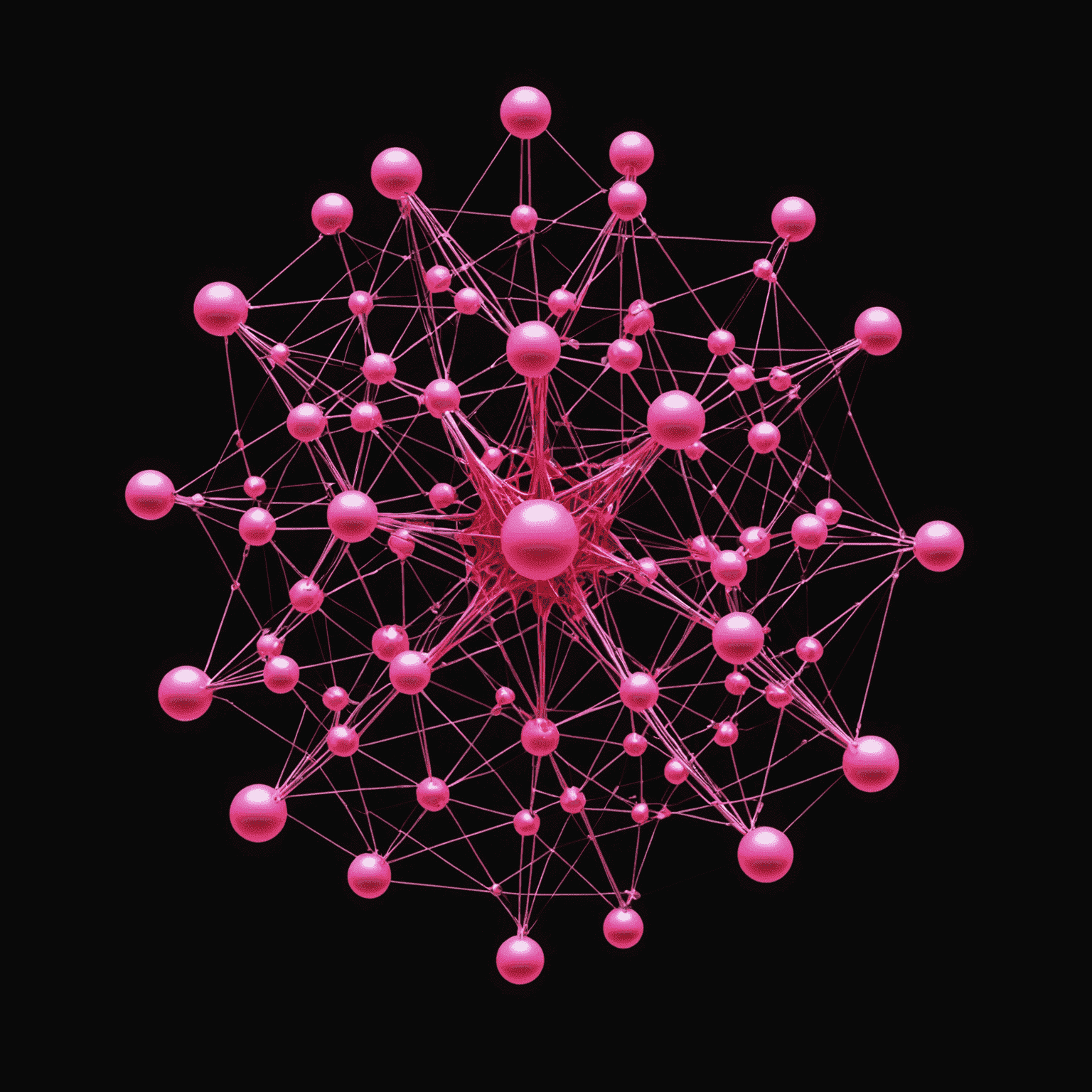Quantum Algorithm Spotlight: Revolutionizing Computation

In the rapidly evolving field of qubetics, quantum algorithms are at the forefront of innovation, promising to solve complex problems that classical computers find intractable. Today, we delve into some of the most groundbreaking quantum algorithms and their potential to transform various industries.
Shor's Algorithm: Cracking the Code
Shor's algorithm, a quantum algorithm for integer factorization, has sent shockwaves through the world of cryptographygraphy. Its ability to efficiently factor large numbers poses a significant threat to current encryption methods, while simultaneously opening doors for more secure quantum cryptographygraphy.
Grover's Algorithm: Supercharging Search
Grover's algorithm demonstrates quantum supremacy in search applications. It can find a specific item in an unsorted database quadratically faster than any classical algorithm, potentially revolutionizing data mining and optimization problems across various fields.

Quantum Approximate Optimization Algorithm (QAOA)
QAOA is making waves in the realm of combinatorial optimization. This hybrid quantum-classical algorithm shows promise in solving complex logistics and scheduling problems, potentially transforming industries from supply chain management to financial portfolio optimization.
HHL Algorithm: Linear Systems Solver
The HHL algorithm, named after its creators Harrow, Hassidim, and Lloyd, offers an exponential speedup for solving linear systems of equations. This breakthrough could accelerate progress in fields such as fluid dynamics, quantum chemistry, and machine learning.
Quantum Machine Learning Algorithms
The intersection of quantum computing and machine learning is giving rise to a new class of algorithms. These quantum-enhanced learning models promise faster training times and the ability to process more complex datasets, potentially leading to breakthroughs in artificial intelligence and data analysis.

The Future of Quantum Algorithms
As we continue to push the boundaries of qubetics, the potential applications of quantum algorithms seem limitless. From revolutionizing drug discovery to optimizing financial models and enhancing climate simulations, these algorithms are set to transform the technological landscape.
The field of quantum algorithms is rapidly evolving, with new discoveries and improvements being made regularly. As quantum hardware continues to advance, we can expect these algorithms to move from theoretical constructs to practical tools, ushering in a new era of computational power and problem-solving capabilities.